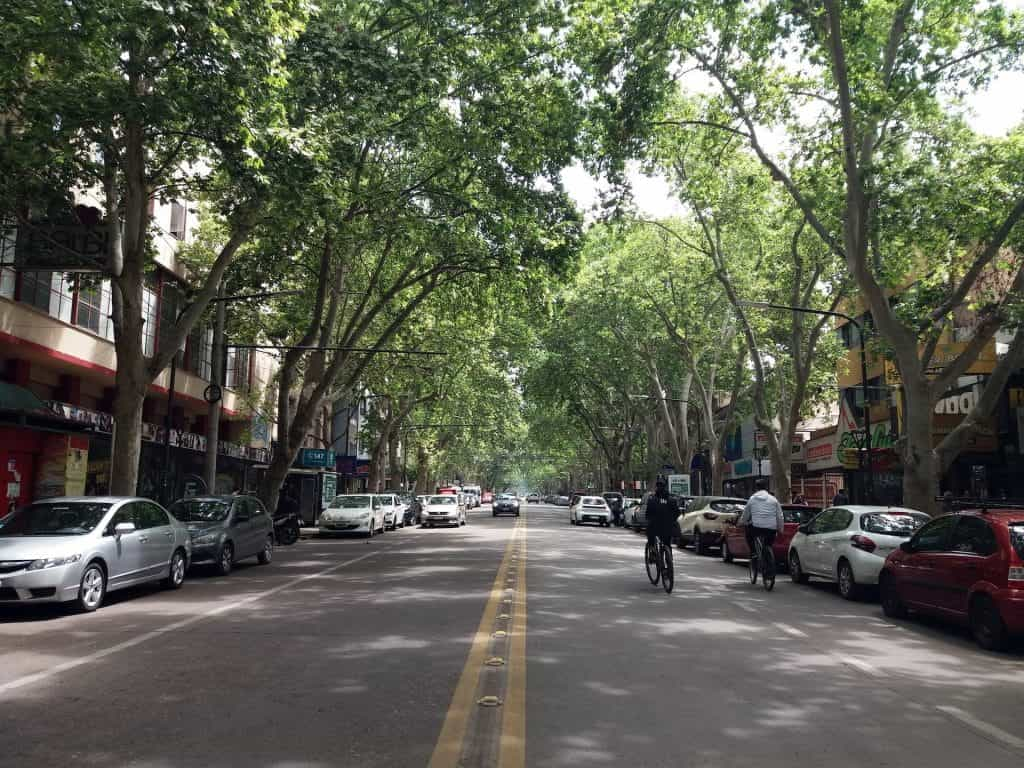Argentina Address Profit Inequity for Online and Casino Gaming
The province of Mendoza, Argentina recently gave five companies the go-ahead to offering online gaming and betting within its borders. However, further concerns were raised by Mendoza’s existing casino workers, who are representing by a union. The union went forth on their behalf to the Provincial Institute of Games and Casinos (IPLyC) to ask for additional rights for their members, in light of emerging online betting.

Authorities in Mendoza, Argentina have been presented with a proposal for profit sharing from online gaming revenue to land-based casino workers.
©Rebecca Hausner/Unsplash
Protecting casino worker jobs in Mendoza
Mendoza is a city and province in the Cuyo region of Argentina, located between north and center of the country, near the Chilean border. Settlers inhabited the area nearly 500 years ago and since then, the region has flourished and is especially known for its wine production.
However, a new industry is burgeoning in Mendoza thanks to the efforts of the provincial government, which allowed for several gaming platforms to begin offering online betting. These platforms are fully licensed as per the requirements of Argentina and Mendoza laws.
The move has caused a stir among casino workers in the area. Under current law (Decree 1318 of 2010), casino workers and brick-and-mortar locations are entitled to a percentage of the gross profits generated by the casino. This amount of 1% might seem small, but the reality is that workers rely on this money as well, and the system has been functioning for many years.
The issue with the introduction of online gaming platforms is that these platforms will inevitably take some business away from land-based casinos. This has been an ongoing issue in virtually every Latin American country that has moved to regulate online gaming in the last years, with some existing industry workers and leaders of casinos fighting to make sure they are not driven out of business with these changes.
What the union now aims to do in Mendoza is to protect its workers by asking for a piece of online gaming revenue as well. What they propose is similar to the existing decree, only casino workers would be entitled to a percentage of the profits that the province receives from regulated online betting and gaming.
The union’s current leader, Martín Caín, spoke to the issue and explained that the union is continually analyzing the effects of online gaming on its workers. This latest change — the granting of five licenses — is a big one and will likely see an impact on casinos. In fact, Caín confirmed that it will have a measurable effect, which will hopefully help the union prove its points to the government and receive a just response.
So far, their proposal for profit sharing has not received any response from the government. Caín indicated that it will be hard for the government to avoid what the union already anticipates — that younger people will opt for online gaming versus casino-based gaming. In his eyes, it is already obvious that fewer young people choose to go to a physical gaming location to play — and the trend will only continue.
Furthermore, Caín astutely noted that these businesses mostly operate outside of Argentina. Therefore, they have no stake in creating new jobs in the province. This is another reason to use the profits to protect existing workers, as the union is fighting for.
What companies received online gaming licenses in Mendoza, Argentina?
The licenses granted in Mendoza have gone to five different entities. They are: Traylon, who operates the platform BetWarrior; Fuente Mayor (a manager of two casino locations) and Boldt, operating Bplay; Sheraton working with Codere; Tower Inn of San Rafael partnered with Impresora Internacional de Valores on platform Super7; and finally, Desarrollos Maipú, operated a Rushbet platform.



